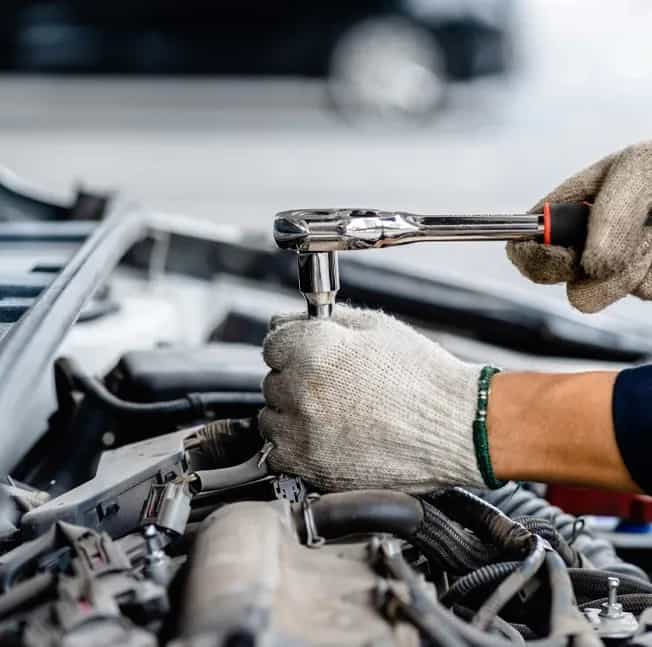nóv . 09, 2024 01:42 Back to list
Understanding Pump Seal Oil for Optimal Performance and Longevity in Industrial Applications
Understanding Pump Seal Oil Essential Insights
In industrial operations, the performance and longevity of machinery are heavily reliant on various components, including pumps. One of the critical aspects ensuring the efficient functioning of pumps is the utilization of seal oil. This article explores the significance, characteristics, and maintenance of pump seal oil.
What is Pump Seal Oil?
Pump seal oil serves as a lubricant and coolant for pump seals, preventing leaks and ensuring optimal performance. Its primary function is to reduce friction between moving parts, thereby minimizing wear and tear. Furthermore, seal oil prevents contaminants from entering the pump, maintaining the integrity and performance of the lubricated components.
Importance of Seal Oil in Pumps
1. Leak Prevention A primary role of seal oil is to create a barrier that effectively seals the pump, preventing the escape of fluids. This is crucial in systems where maintaining pressure is vital, such as in hydrocarbon processing and chemical manufacturing.
2. Reduced Friction Seal oil minimizes friction among the seal faces, which can lead to overheating or catastrophic failure. The appropriate viscosity of seal oil is essential in ensuring that the seals operate smoothly under varying temperatures and pressures.
3. Cooling Many pumping applications generate significant heat during operation. Seal oil assists in dissipating heat away from the seal assembly, preventing thermal degradation of the materials used and prolonging the life of the pump.
4. Contaminant Control Industrial environments can expose pumps to dust, dirt, and other contaminants. Seal oil acts as a barrier that helps eliminate the ingress of these harmful substances, maintaining cleaner operation and extending intervals between maintenance activities.
Characteristics of Quality Pump Seal Oil
To ensure the effective functioning of pumps, it’s imperative to select the right type of seal oil. Quality pump seal oil should exhibit the following characteristics
- Viscosity The viscosity of seal oil should be appropriate for the specific application. Generally, oils with lower viscosity are better for high-speed applications, while higher viscosity oils suit high-load conditions.
pump seal oil

- Thermal Stability A good seal oil should resist breaking down at elevated temperatures, maintaining its lubricating properties and preventing the formation of sludge.
- Oxidation Resistance Over time, oils can oxidize, leading to the formation of harmful deposits that can damage the pump. Seal oils with additives that improve oxidation resistance are conducive to longer service life.
- Compatibility Seal oil must be compatible with the materials of the pump seals. Using incompatible oils can lead to seal degradation, leaks, and ultimately pump failure.
Maintenance and Management
Proper maintenance of pump seal oil is crucial for ensuring the longevity and reliability of pump systems
1. Regular Inspections Routine checks of seal oil levels and condition should be part of regular pump maintenance schedules. Look for signs of degradation or contamination, such as discoloration or a burnt smell.
2. Oil Changes Timely replacement of seal oil is essential. Operating pumps with degraded oil can lead to reduced sealing effectiveness and increased risk of leaks.
3. Contamination Control Implementing measures to prevent contamination can prolong the life of seal oil. This includes using high-quality filtration systems and ensuring that the oil is stored and handled properly.
4. Monitoring Performance Keeping track of pump performance and oil condition can help in early detection of potential issues, allowing for timely interventions before major failures occur.
Conclusion
In conclusion, pump seal oil plays an indispensable role in the operation of pumps across various industries. Its ability to prevent leaks, reduce friction, cool components, and control contaminants cannot be overstated. By selecting high-quality seal oil and adhering to a rigorous maintenance protocol, operators can ensure the reliability and longevity of their pumping systems, ultimately leading to enhanced operational efficiency and reduced costs. Therefore, understanding and managing pump seal oil effectively is vital for any industrial operation relying on pump technology.
-
The Trans-formative Journey of Wheel Hub Oil Seals
NewsJun.06,2025
-
Graphene-Enhanced Oil Seals: Revolutionizing High-Pressure Oil Sealing
NewsJun.06,2025
-
Future of Hydraulic Sealing: Advanced Intelligent TCN Oil Seals
NewsJun.06,2025
-
Don’t Let a Broken TCV Oil Seal Ruin Your Day
NewsJun.06,2025
-
Bio-Inspired Dust Seals for Better Sealing Performance
NewsJun.06,2025
-
Biodegradable and Sustainable Hydraulic Seal Materials
NewsJun.06,2025
-
Top Oil Seal Solutions for Your Industrial Needs
NewsMay.22,2025
Products categories
















